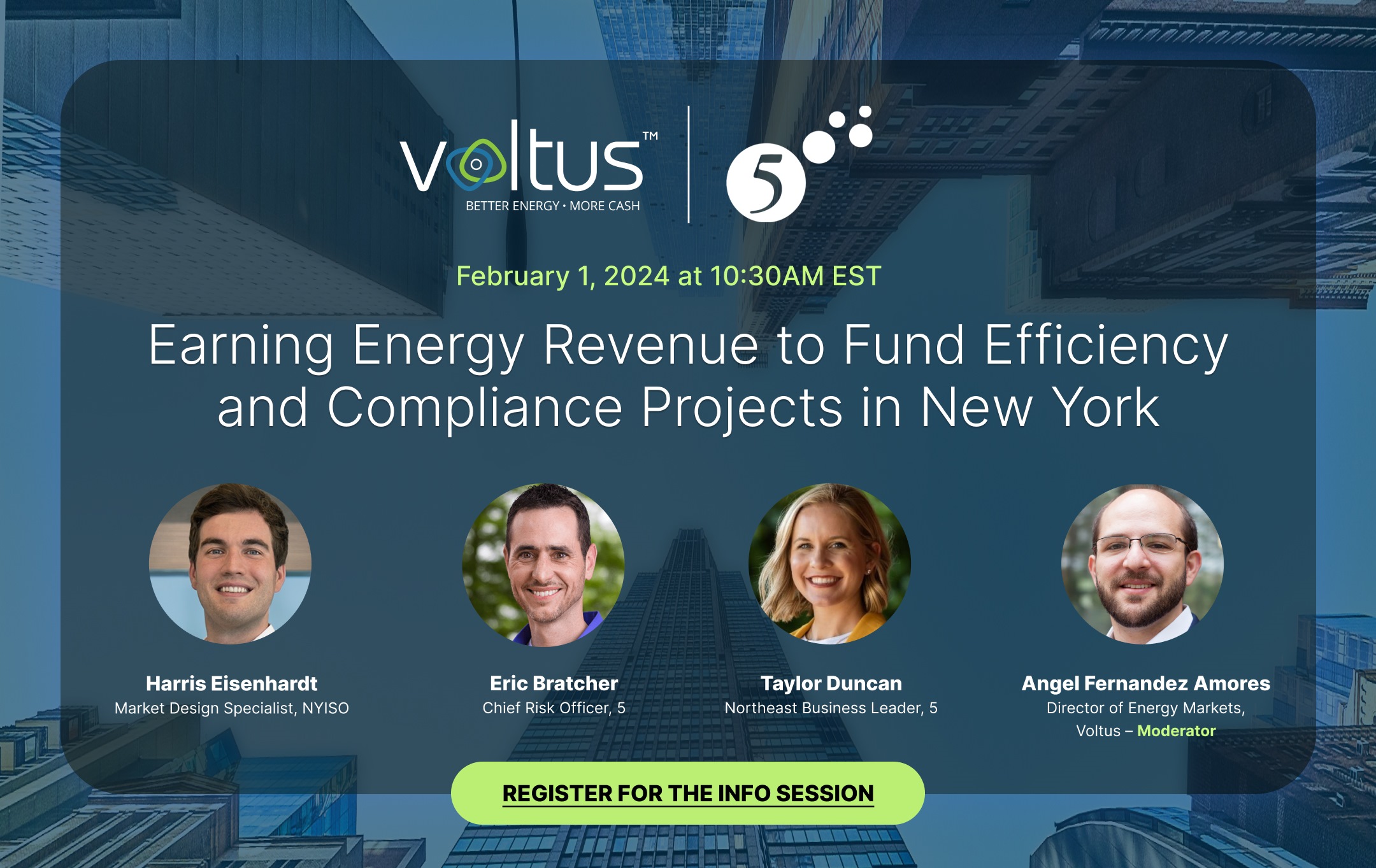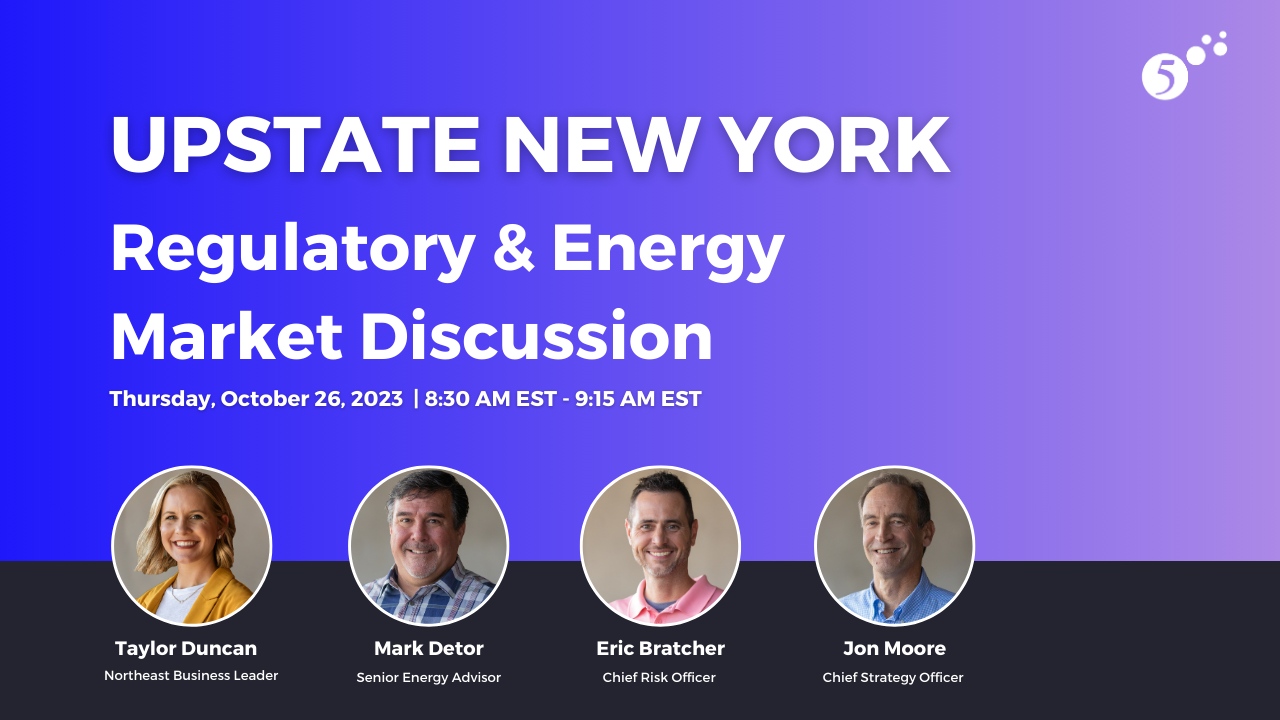Find Us
5 Headquarters
4545 Fuller Dr. Suite 412
Irving, TX 75038
Phone: (972) 445-9584
Toll Free: (855) 275-3483
Fax: (855) 329-3493
email5@energyby5.com
Irving, TX 75038
Phone: (972) 445-9584
Toll Free: (855) 275-3483
Fax: (855) 329-3493
email5@energyby5.com
5 - Northeast
865 State Route 33
Ste 3 PMB 1077
Freehold, NJ 07728
Phone: (732) 774-0005
Fax: (855) 329-3483
email5@energyby5.com
Ste 3 PMB 1077
Freehold, NJ 07728
Phone: (732) 774-0005
Fax: (855) 329-3483
email5@energyby5.com







